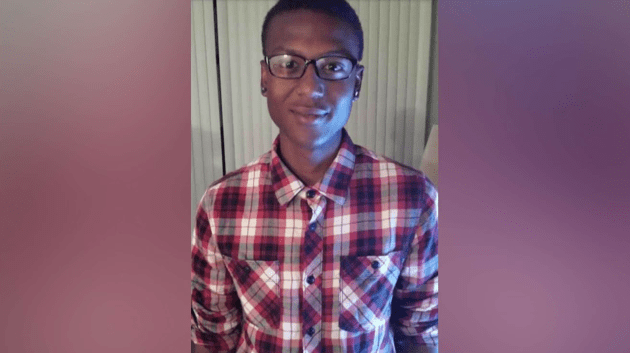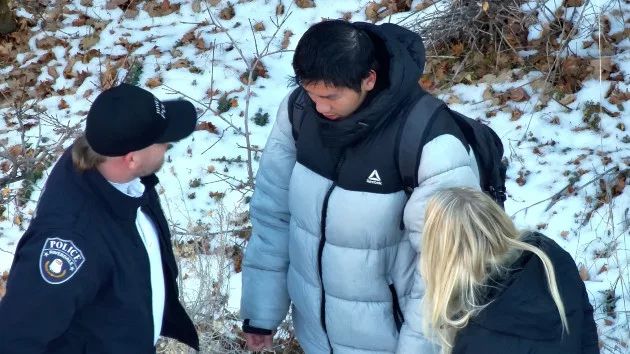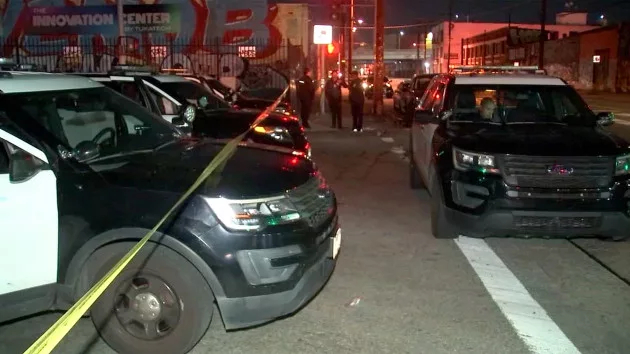
(MOSCOW, Idaho) — The judge overseeing the capital murder trial of Bryan Kohberger, the man accused of killing four Idaho college students last fall, has denied both of his lawyers’ attempts to toss out the charges against him.
In new court documents filed Friday, and posted to the docket Monday, Judge John C. Judge said while some of the defense’s arguments were creative, they don’t pass muster.
In one of their two attempts to dismiss the indictment, Kohberger’s lawyers had argued that prosecutors withheld evidence that might aid Kohberger in defending himself, and biased the grand jury. The parties had a closed hearing about the issue in October.
Now offering his opinion, the judge said the defense “failed to successfully challenge the indictment” on those grounds.
“Kohberger was indicted by an impartial grand jury who had sufficient admissible evidence to find probable cause to believe Kohberger committed the crimes alleged by the State,” Judge said. “Further, the State did not engage in prosecutorial misconduct in presenting their case to the jury.”
In the other of their two attempts to dismiss the indictment, Kohberger’s lawyers argued that the grand jury was given inaccurate instructions — that they used the wrong standard of proof.
The defense claimed with a lengthy excavation of previous cases that the standard of “beyond a reasonable doubt” should have been used, rather than the lower threshold of “probable cause.”
At a public hearing on this issue in October, the judge had already signaled that he would deny this particular request, with a written opinion to follow.
Now released, the judge said there is “no dispute” that the correct standard was used here: probable cause.
“The grand jury is not a trial jury. Its function is to screen whether or not there is sufficient evidence to proceed to trial,” Judge wrote.
“The arguments from the defense for a ‘beyond reasonable doubt’ standard for the grand jury were historically interesting and creative,” Judge said, but those arguments “do not overturn” Idaho courts’ interpretation of the statute, case law and criminal rules.
Prosecutors allege that in the early morning hours of Nov. 13, 2022, Kohberger, a criminology Ph.D. student at nearby Washington State University, broke into an off-campus home and stabbed four University of Idaho students to death: Ethan Chapin, 20; Madison Mogen, 21; Xana Kernodle, 20, and Kaylee Goncalves, 21.
After a six-week hunt, police zeroed in on Kohberger as the suspect, arresting him at the end of last December at his family’s home in Pennsylvania. He was indicted in May and charged with four counts of first-degree murder and one count of burglary. At his arraignment, he declined to offer a plea, so the judge entered a not guilty plea on his behalf.
Kohberger could face the death penalty, if convicted.
His lawyers have said their client wasn’t in the home where the homicides occurred and was driving around alone that night.
In August, Kohberger waived his right to a speedy trial, indefinitely delaying what was supposed to be an Oct. 2 start date.
A new trial date has not been set.
Copyright © 2023, ABC Audio. All rights reserved.





